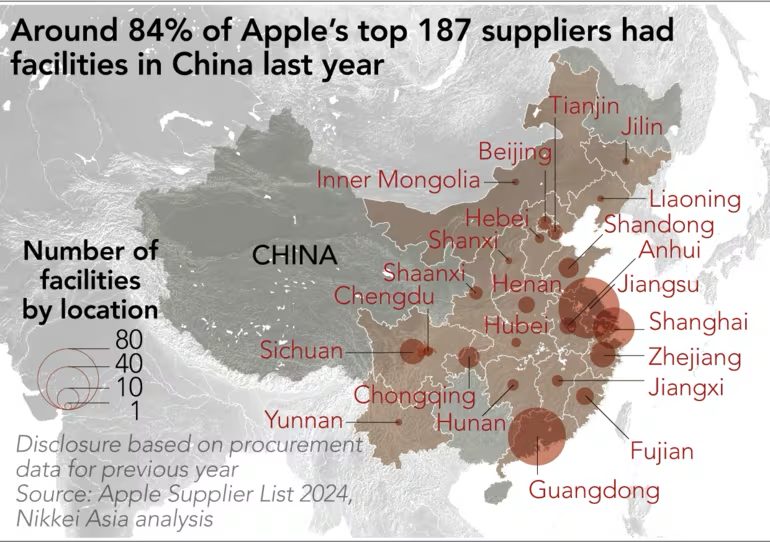
Federal Government Risks Massive Lawsuit in Banning Huawei from 5G Networks
As the federal government continues to ponder its decision to ban Huawei from supplying the country with 5G technology, it risks a massive lawsuit “under the terms of a foreign investor protection agreement signed by its predecessor,” reads a new report from the CBC.

In 2012, Harper’s conservative government passed negotiations on the Canada–China Agreement for the Promotion and Reciprocal Protection of Investments, which, at the time, was seen as a necessary precursor to free trade between the two countries.
Now that these trade talks have been put on hold due to tense diplomatic relations between the two nations, the aforementioned agreement could potentially threaten any plans the current government may be making to keep the Chinese company away from its upcoming 5G network.
This reasoning may be why the federal government is taking so long to make a final decision in this regard, even as the United States, Australia, and New Zealand, as well as other European nations including Germany, have taken steps to bar Huawei.
Under Canada’s investment agreement with China, Huawei Canada — as an existing investor that already owns assets and has business relationships here — “can bring a claim at any time against Canada, for any kind of regulatory action,” said Gus Van Harten, a professor at Osgoode Hall Law School who specializes in the investor-state dispute settlement (ISDS) mechanisms in treaties like this one.
“If you’re dealing with a big company in a high-value asset, it can be a very serious deterrent,” says Van Harten. “Unlike other areas of international law … they can access an extraordinarily powerful remedy, which is an uncapped damages award that includes compensation.”
As such, if Canada moves to ban Huawei from its 5G network, Canadian taxpayers could be facing a lawsuit claiming hundreds of millions of dollars.
The most pertinent part of the treaty is Article Four, which requires “fair and equitable treatment and full protection and security” for Huawei’s investments, Van Harten said.
“It sounds benign, but those protections have in many cases been interpreted very broadly to require compensation for even general regulatory measures that didn’t target a specific investor in any way,” Van Harten explains.
“If Huawei could show that they were operating normally and then, out of the blue, they were simply barred from future operations, I think they’d have a pretty good Article Four claim,” he continues. “[Federal ministers] have to be considering this liability.”
While the United States has already largely barred Huawei from supplying its government and contractors, it sees European and Canadian preparations for 5G mobile networks as a security risk that could also endanger the United States.
“Going with an untrusted supplier like Huawei or ZTE will have all sorts of ramifications for your national security and … since we are military allies with almost all members of the European Union, on our national security as well,” an unnamed US official said last week.

